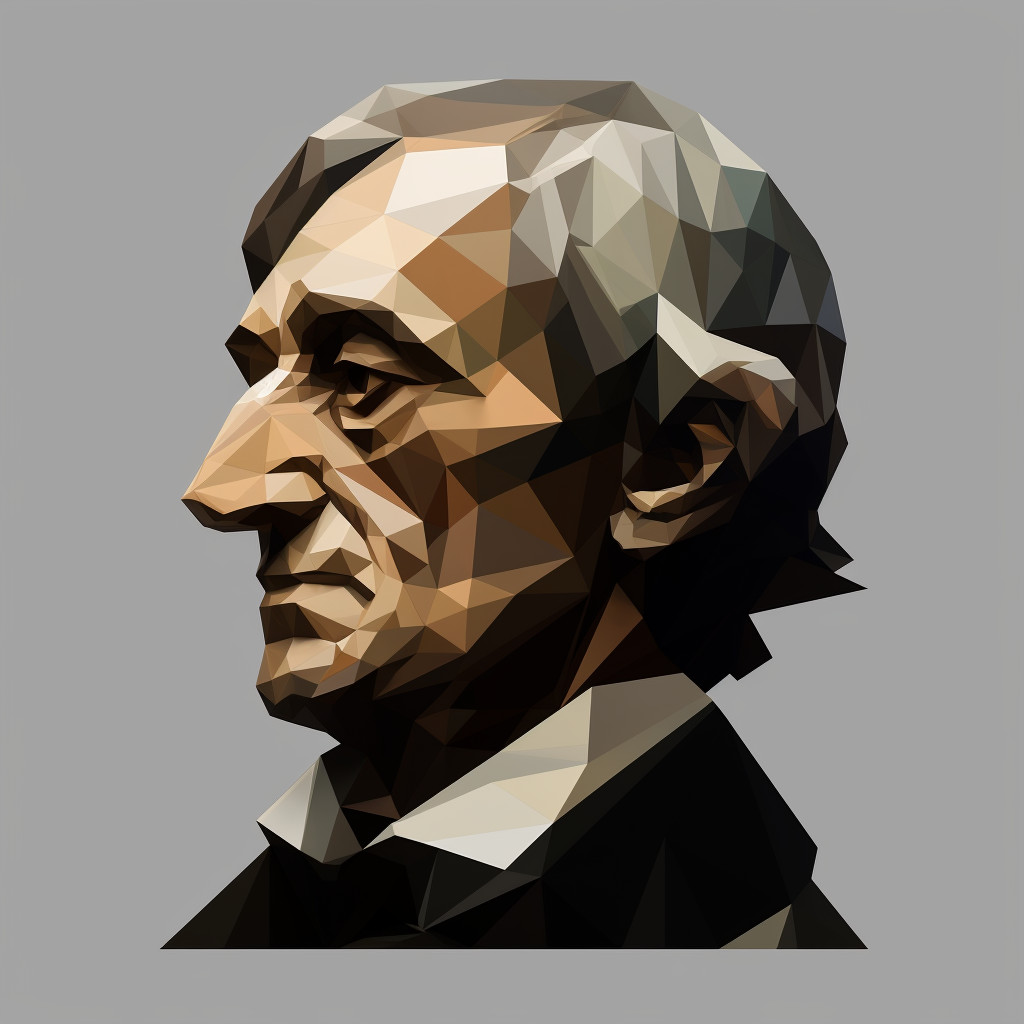'Fickle' Quotes
Fickle quotes, also known as quotes about fickleness or change, have been a source of inspiration and reflection for individuals and society for centuries. These quotes highlight the unpredictable and ever-changing nature of life, reminding us to embrace change and adapt to new circumstances. From a…Read More
Fickle quotes, also known as quotes about fickleness or change, have been a source of inspiration and reflection for individuals and society for centuries. These quotes highlight the unpredictable and ever-changing nature of life, reminding us to embrace change and adapt to new circumstances. From ancient philosophers like Heraclitus to modern-day leaders like Steve Jobs, fickle quotes have influenced and motivated people to embrace change and take risks. In a world that is constantly evolving, these quotes serve as a reminder to stay open-minded and flexible. They also remind us that change can lead to growth and new opportunities. Fickle quotes continue to resonate with people across the globe, serving as a source of inspiration and guidance in navigating the uncertainties of life.Read Less
Fickle quotes, also known as quotes about fickleness or change, have been a source of inspiration and reflection for individuals and society for centuries. These quotes highlight the unpredictable and ever-changing nature of life, reminding us to embrace change and adapt to new circumstances. From ancient philosophers like Heraclitus to modern-day leaders like Steve Jobs, fickle quotes have influenced and motivated people to embrace change and take risks. In a world that is constantly evolving, these quotes serve as a reminder to stay open-minded and flexible. They also remind us that change can lead to growth and new opportunities. Fickle quotes continue to resonate with people across the globe, serving as a source of inspiration and guidance in navigating the uncertainties of life.
27 Striking 'Fickle' Quotations and Sayings
Fickle – Symbolic Value
The word “fickle” is often used to describe someone who is indecisive or unpredictable. It carries a negative connotation, implying that the person is unreliable or inconsistent. However, beyond its literal meaning, “fickle” also holds a deeper symbolic value. It represents the ever-changing nature of life and the human experience.In literature and poetry, the concept of fickleness is often associated with the Greek goddess Fortune, who was known for her capricious nature. This symbolism highlights the idea that life is full of ups and downs, and one must be prepared for sudden changes and challenges. The phrase “fickle Fortune” is a reminder that success and failure are fleeting and can change at any moment.
Fickle – Cultural and Historical Significance
The concept of fickleness has been present in various cultures and societies throughout history. In ancient Greek and Roman mythology, the gods were often portrayed as fickle beings, playing with the lives of mortals for their own amusement. This belief reflects the idea that life is unpredictable and controlled by forces beyond human control.In Chinese philosophy, the concept of yin and yang also embodies the idea of fickleness. The yin and yang symbol represents the balance between opposing forces, such as light and dark, good and evil, and stability and change. This symbol serves as a reminder that life is a constant cycle of change and that nothing remains the same forever.
Fickle – Common Themes in Motivational Contexts
In motivational contexts, the concept of fickleness is often used to encourage people to embrace change and adapt to new situations. It is a reminder that being too attached to a particular outcome or plan can lead to disappointment and frustration. Instead, being open to change and being able to pivot when necessary can lead to growth and success.The phrase “fickle-minded” is also commonly used in motivational contexts to encourage people to be more decisive and stick to their decisions. It serves as a reminder that constantly changing one’s mind can lead to missed opportunities and a lack of progress.
Fickle – Portrayal in Art and Media
The concept of fickleness has been a popular theme in art and media. In literature, characters who are portrayed as fickle often serve as cautionary tales, warning against the dangers of indecisiveness and inconsistency. In film and television, the trope of the “fickle lover” is a common plot device, showcasing the consequences of being unable to commit to a relationship.In music, the theme of fickleness is often explored in love songs, with lyrics such as “you’re so fickle, you’re never satisfied” or “you’re always changing your mind.” These songs serve as a reflection of the complexities of human relationships and the challenges of navigating the ever-changing nature of love.
Fickle – Impact on Understanding of Life and Society
The concept of fickleness has a significant impact on our understanding of life and society. It reminds us that nothing is permanent and that change is inevitable. This understanding can help us cope with difficult situations and adapt to new circumstances.In society, the concept of fickleness can also be seen in the way trends and popular opinions change quickly. This fickleness can be both positive and negative, as it allows for progress and growth, but also highlights the need for critical thinking and not blindly following the crowd.In conclusion, the concept of fickleness holds a deep symbolic value and has been present in various cultures and societies throughout history. It serves as a reminder of the ever-changing nature of life and the importance of being adaptable and decisive. Whether portrayed in literature, art, or media, the concept of fickleness continues to impact our understanding of life and society.
















